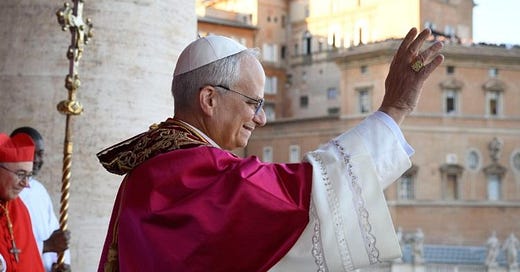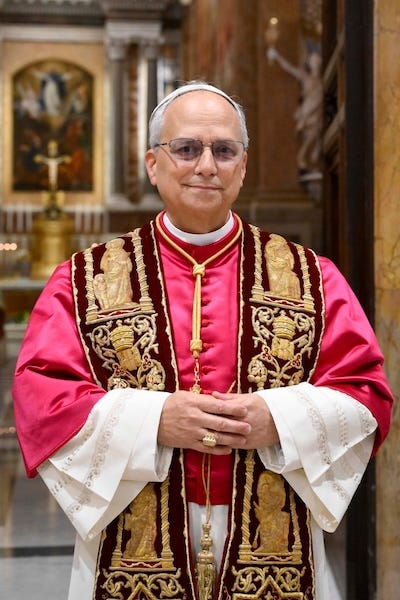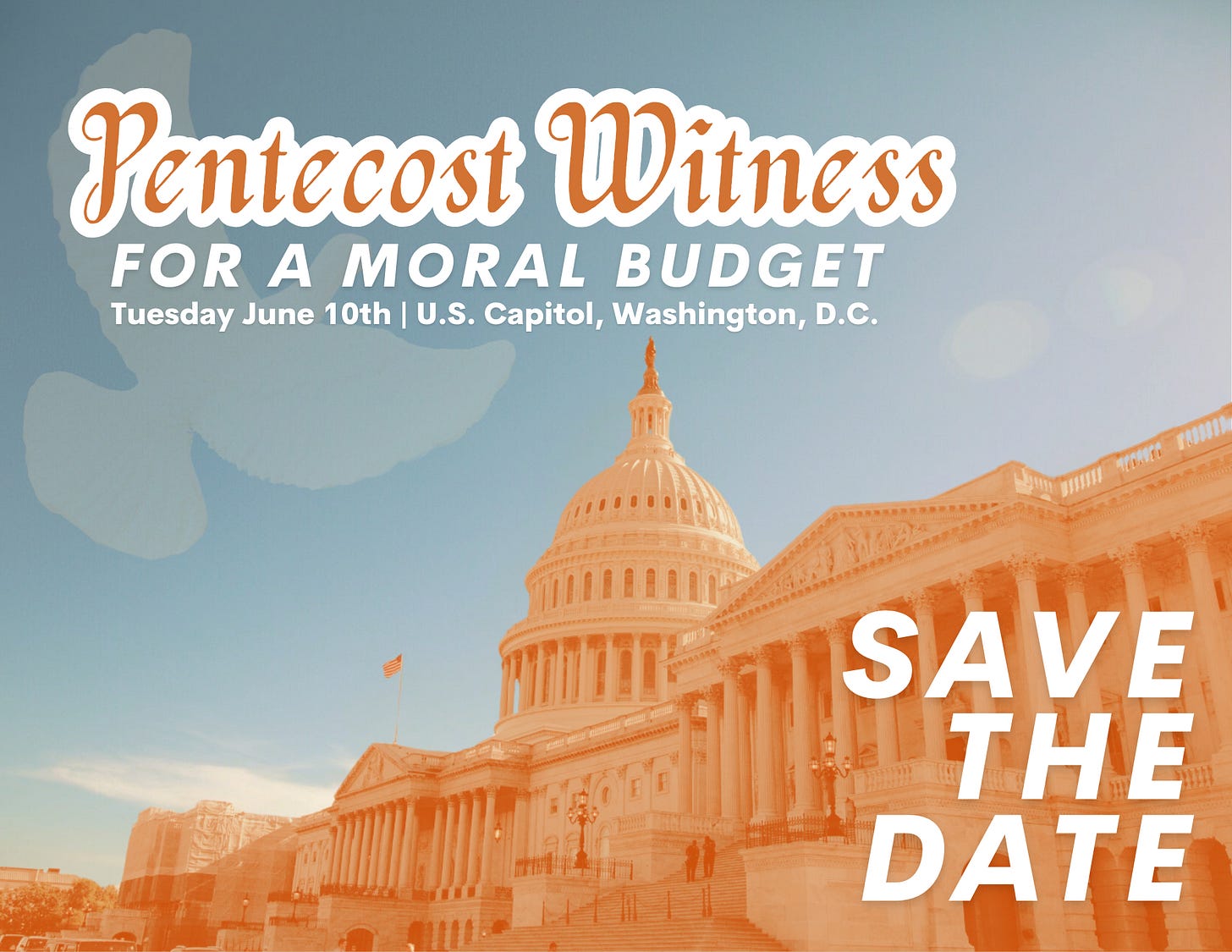On May 8, 2025, the papal conclave at the Vatican shocked the world when they chose an American to become the newest Pope. But we are learning that the first American pope was chosen, despite his being an American. Ironically, many who were there in the Eternal City said that Robert Prevost, now Pope Leo XIV, was the least American of all the American bishops and cardinals who were in Rome. Born on the south side of Chicago, and a lifelong White Sox fan (which could lead anyone to hopeless faith), the new pope has lived most of his life outside of the United States.
Living mostly in Peru, where he was first a priest in the northern hills of a South American country living and serving among the poor and vulnerable, Leo was not trying to become part of the cliched American success story. Indeed, Peruvians regard him as a citizen of their country, and they celebrated his elevation as heartily as the citizens of the United States. Once his papacy was announced, the world’s attention turned to which name the former Cardinal would choose.
What’s in a name? Everything. Let’s go back. When Jorge Mario Bergoglio decided to make his new papal name Francis, he was changing, not just his name, but the meaning of the church in the world. The very first non-European pontiff was to set a new direction for the Church of 1.4 billion Catholics, most of whom now live in the Global South. His new name, Francis, would have consequences for the whole Church and the whole world, focusing on simplicity, truth, and care for the poorest among us.
The name required us to recall Saint Francis who wanted to change both the church and the world to become more like Jesus. A Latin American colleague sitting next to him just after he was elected Pope, told him to not forget the poor; and that’s when he chose his new name Francis. Pope Francis’ first words from the balcony of St. Peter’s Basilica were, “Pray for me a sinner.” The new Pope Francis said that the Church should be more a field hospital than a closed sanctuary; that he was more a pastor to all people than a prince of Church and State; that his first meetings with refugees on the move and incarcerated Muslim women, whose feet he kissed, would define his mission more than the rule of power.
I will never forget when the new pope was driven past lines of limousines at the White House in a little Fiat. More than anyone I had ever seen before, Francis, in his first trip to DC, astounded faith and political leaders around me. The next day, Francis went to address a Joint Session of Congress, where he spoke with an authority that the place had seldom seen or felt. Here in America, he also made the most marginalized his focus, just as Jesus had taught us all to do in the 25th chapter of Matthew. In a country where “the least of these” are often the last to count in our nation’s policies, Francis made his priority crystal clear through word and deed.
So what is the significance of the name that Robert Prevost–who his friends just call “Bob”--chose? This new pope is clearly a disciple of Pope Francis, was a close friend of the former pontiff, and is already following in his footsteps in many ways. But he did not call himself Pope Francis II. He chose the name Leo, the one to come after Leo XIII. We are all now learning or relearning who the new pope’s chosen predecessor was. Turns out that Leo XIII laid the foundations of what we now call Catholic Social Teaching. An old Latin phrase is becoming popular again Rerum Novarum, which means “of new things.” Rerum Novarum focused on the relationship between capital and the condition of labor in response to the industrial revolution that had been taking place since the 18th century. In 1891, Leo 13th’s Encyclical took the side of the workers and of the poor in particular. It was about
the dignity and rights of workers,
The divine dignity of all persons,
the government’s role,
family values,
role of the church in protecting the most vulnerable.
The three themes of Catholic social and economic vision became human dignity, solidarity, and subsidiarity. Leo XIII has been called the “father of social justice,” and that’s who Leo XIV wanted to follow and be named after.
And that has enormous significance for the times we are in–both in America and around the world– where wealth and power take precedence over social justice. While still a Cardinal, he was critical of the new American policies of mass deportation of immigrants. He also challenged J.D. Vance (a converted Catholic) when the Vice-President had called for a reallocation of love, favoring those with whom we are closest and diminishing those farther away. The man who became Pope Leo called it bad theology, with a post headline saying "JD Vance is wrong: Jesus doesn't ask us to rank our love for others."
An American pope, despite being an American, could have a significant impact as a domestic and international witness against the authoritarian cruelty we now see growing in the new White House. An American pope, speaking against the worst of America, and offering instead our better angels, could become the needed and refreshing leadership we need in a time such as this. Let us keep our hope while recalling the first words of Pope Leo XIV to the 100,000 people in St. Peter’s Square, who were joyous after seeing the white smoke ascend over the Sistine Chapel, “Peace be with you.”
P.S. Register to join us for our Pentecost Witness for a Moral Budget event taking place on June 10th at the U.S. Capitol:








A number of Supreme Court Justices are Catholic and I'm wondering if a focused relationship with them by Pope Leo would be helpful in moderating the direction that the executive office is taking. After all, change takes place through the welcoming of relationships.
I pray for the new pope to drive the reform movement forward.